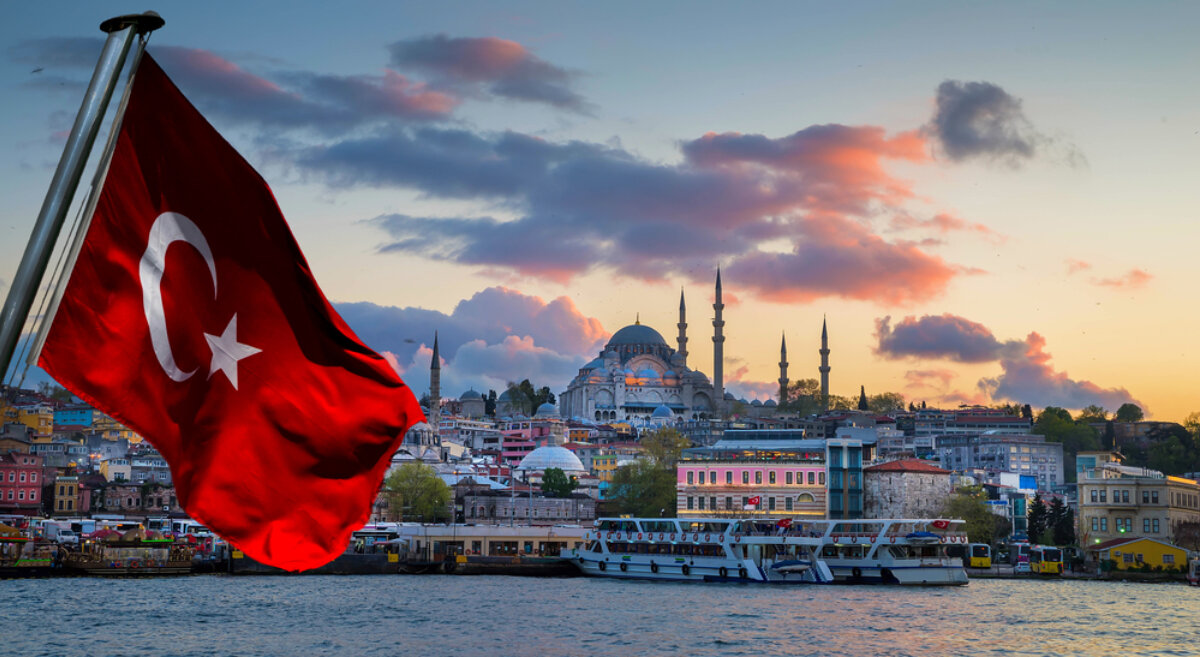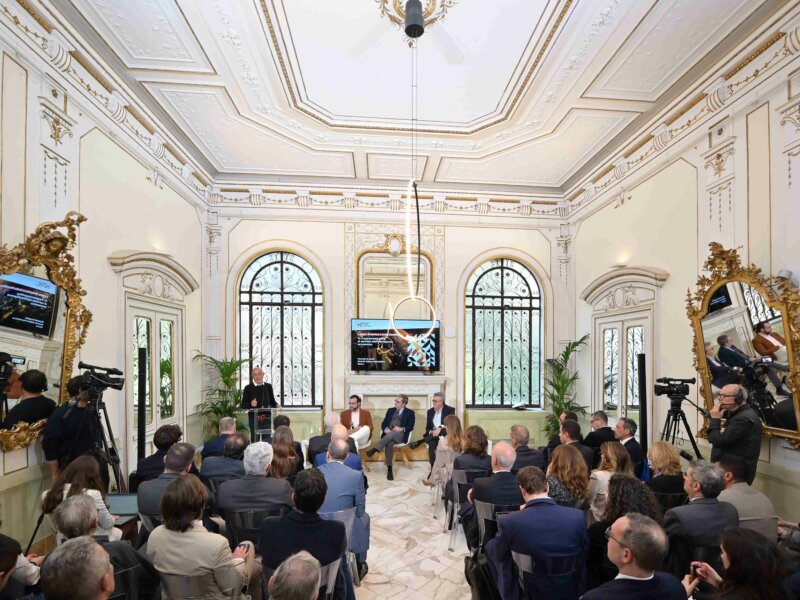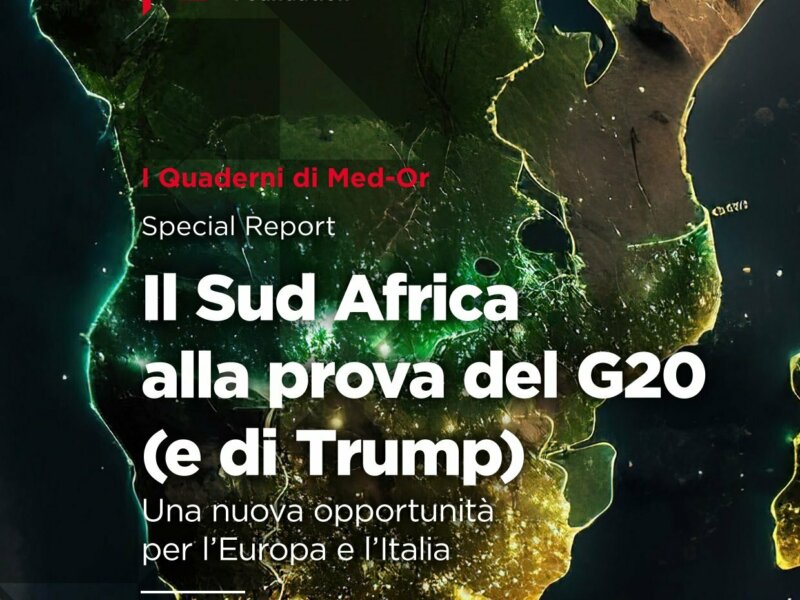Turkey and the EU: Ankara’s Gamble and Europe’s Dilemma
Ankara reaches out, Brussels responds. But at what cost? On 14 January 2025, Turkish Foreign Minister Hakan Fidan met with EU ambassadors in Istanbul. A firm handshake, the usual diplomatic lexicon: mutual respect, shared interests, common values. Yet behind the words lies the enduring question: does Turkey truly want Europe? And is Europe prepared to welcome Turkey?

Turkey’s EU bid remains one of the great unresolved issues in European politics. The application dates back to 1987, candidate status was granted in 1999, negotiations opened in 2005, only to be frozen in 2016. A relationship that exists, but does not materialise. A connection that persists, yet never solidifies.
There is something irreversible in this distance. Erdogan’s Turkey—assertive in foreign affairs from Libya to the Caucasus, increasingly strategic in its global alliances, and ever more determined to reinforce its regional influence—no longer resembles the country Brussels once envisioned as a future EU member. And yet, Turkey remains indispensable. Because Europe cannot afford to disregard Ankara when it comes to security, energy, and migration. Because Turkey is the vital bridge between East and West. And because, like it or not, geopolitics imposes its own imperatives, often at odds with the principles the EU claims to uphold.
Fidan has made no secret of Turkey’s frustration. The EU, he argues, cannot expect Ankara to remain in an indefinite waiting game. And so, Turkey has begun looking elsewhere. The BRICS, ASEAN, Africa, the Middle East—global dynamics are already shifting. And Brussels knows that losing Ankara, or simply allowing it to drift without a clear strategy, would mean diminishing Europe’s influence in a critical geopolitical zone.
Marta Kos, European Commissioner for Enlargement, has reiterated that EU expansion must be based on democracy and the rule of law. Yet this is a fragile balance. Realpolitik suggests that major regional players cannot simply be excluded, especially those shaping global stability. And history has shown that when faced with crises, the EU has often been forced into compromises that once seemed unthinkable.
So, the question remains: is this a negotiation, or merely a dialogue of the deaf? The EU demands guarantee on rights and freedoms; Ankara insists on respect and pragmatism. Both sides speak of the future, but they mean different things. Amid it all, the world is changing. And Europe must decide whether it wants to be a spectator—or a protagonist.



